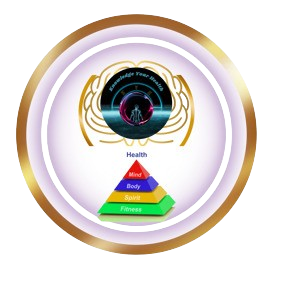Zinc: The Mighty Mineral for Immunity and Growth
Zinc may not be as well-known as some other minerals, but it’s a powerhouse when it comes to supporting our health. From boosting our immune system to aiding in growth and development, zinc plays a vital role in keeping us healthy and thriving. Let’s dive into why zinc is important, how much we need, and where to find it in our food.
Why is Zinc Important?
Zinc is like the unsung hero of minerals, quietly supporting several essential functions in our body:
1. Immune System Support: Zinc is crucial for a healthy immune system, helping our body fight off viruses, bacteria, and other harmful invaders.
2. Cell Growth and Repair: Zinc plays a role in cell division, growth, and repair, which is essential for wound healing, tissue maintenance, and overall growth and development.
3. Metabolism: Zinc is involved in numerous metabolic processes, including carbohydrate metabolism, protein synthesis, and DNA synthesis.
4. Sensory Functions: Zinc is important for our senses of taste and smell, helping us enjoy our food and detect potential dangers like spoiled food or gas leaks.
Healing Dosages of Zinc
The recommended daily intake of zinc varies depending on age, gender, and individual health status. Here’s a general guideline:
- Infants (0-6 months): 2 mg
- Infants (7-12 months): 3 mg
- Children (1-3 years): 3 mg
- Children (4-8 years): 5 mg
- Children (9-13 years): 8 mg
- Teens (14-18 years): 11 mg for males, 9 mg for females
- Adults (19 years and older): 11 mg for males, 8 mg for females
- Pregnant Women: 11-13 mg
- Breastfeeding Women: 12-14 mg
It’s important to note that excessive zinc intake can interfere with copper absorption and lead to potential adverse effects. Therefore, it’s crucial to stay within the recommended daily limits unless advised otherwise by a healthcare professional.
Food Sources of Zinc
Zinc is found in a variety of foods, both from animal and plant sources. Here are some zinc-rich foods to include in your diet:
Animal Sources:
Meat: Beef, pork, lamb, and poultry
Seafood: Oysters, crab, lobster, and fish (e.g., salmon, trout)
Dairy Products: Milk, cheese, and yogurt
Eggs: Especially the yolk
Plant Sources:
Legumes: Chickpeas, lentils, black beans, and kidney beans
Nuts and Seeds: Pumpkin seeds, hemp seeds, and cashews
Whole Grains: Quinoa, brown rice, and oats
Vegetables: Spinach, kale, and mushrooms
Conclusion
Zinc is a vital mineral that plays a crucial role in immune system support, cell growth and repair, metabolism, and sensory functions. By incorporating zinc-rich foods into your diet, following the recommended daily intake guidelines, and maintaining a balanced diet and lifestyle, you can ensure adequate zinc intake and support overall health and well-being. However, if you suspect you have a zinc deficiency or are considering zinc supplements, it’s essential to consult with a healthcare professional or registered dietitian to determine the appropriate zinc intake tailored to your individual needs and preferences.
